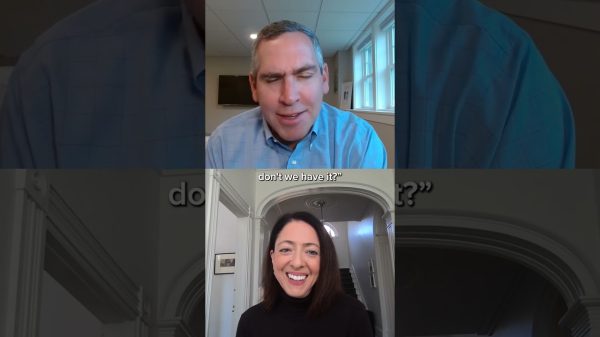While a home is a significant asset, it can also be a significant liability if it stretches your budget too thin.
It can hold you back from doing the things that will enrich your life, like traveling, sending your kids to college or retiring. Banks are incentivized to encourage you to spend as much as possible, because the bigger the mortgage, the more money they make.
These three rules will help you determine how much home you can really afford that won’t compromise the rest of your financial goals.
Aim For Your Mortgage To Be Less Than 28% Of Your Net Pay
A popular model to determine how expensive a home you can afford is the 28% rule. It says that you shouldn’t pay more than 28% of your monthly gross income on mortgage payments—including taxes and homeowner’s insurance. Gross income is what you make before taxes are taken out.
But in reality, what’s available to pay your mortgage is your net salary, which is much smaller after you pay taxes, deductions like health insurance and 401(k) contributions, and the debts mentioned above, if you have them.
Instead, I recommend aiming for a monthly mortgage payment that is 28% or less of your net pay — what your paycheck is after all the deductions.
For example, if after all your deductions your monthly pay comes out to $6,000, a $1,500 mortgage payment would be reasonable, and well within what banks might approve since they base their calculations off of your total pay before deductions.
My husband and I have followed a simple rule on how much we could afford when buying our last three homes — we took the loan amount the bank approved us for and cut it in half.
If you’re buying a home with a partner, consider basing your approval on one of your salaries instead of both. So, if one of you loses your income, you’re still within a reasonable budget to afford the mortgage while looking for a new job.
Wait To Buy If You’re Paying More Than A Third Of Your Monthly Income Toward Debt
If your total debt payments add up to more than 36% of your total monthly income before taxes, adding a mortgage on top of it will stretch your budget thin. Add up all of the monthly debt payments you are responsible for including:
- Student loans;
- Credit card payments;
- Car payments; and
- Personal loans.
Of course, plenty of people are managing all those payments and still buy homes. However, with a potential recession, you don’t want to be in a situation where you have to choose between paying your credit card bills or paying your mortgage.
If you can wait until your other debts are paid before taking on a mortgage, the mental burden will be exponentially lighter.
Budget Up To 4% Of Your Home’s Value For Annual Maintenance Costs
Comparing a mortgage payment to a rent payment does not tell the whole story. Rent is inclusive of everything required to maintain a home.
As a homeowner, you’re on the hook for property taxes, insurance, HOA fees, roof leaks and emergency plumbing — all of which I did not factor into my budget when I bought my first home that added up to more than I expected.
State Farm suggests a rule of thumb is to set aside 1% to 4% of your home’s value for a home maintenance fund. For example, for a $200,000 home valued at $200,000, you would set aside $2,000 to $8,000 to spend on annual upkeep.
I made the mistake of buying a 2,200-square-foot home with a very large lawn, knowing full well that neither my husband or I enjoy cleaning or mowing the lawn.
As our careers grew, we didn’t want to spend the time on those mundane chores, and eventually caved into hiring a regular cleaning and lawn mowing service that cost an extra $1,000 a year we didn’t plan for.
Be realistic about your desired lifestyle and what you are willing to sacrifice in time and money for your own home maintenance, and make sure you consider all those expenses as part of your budget as well.
Read the full article here













